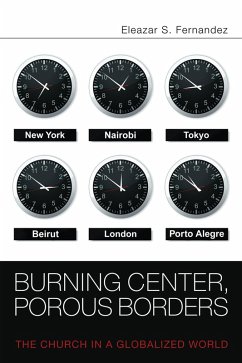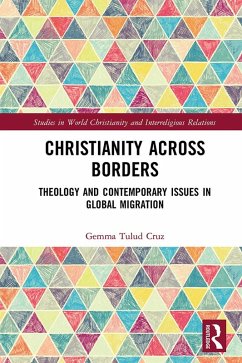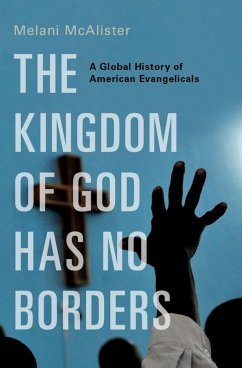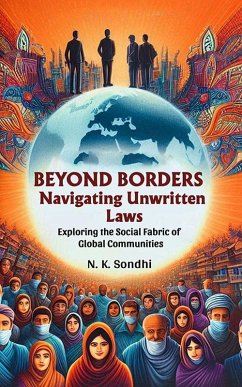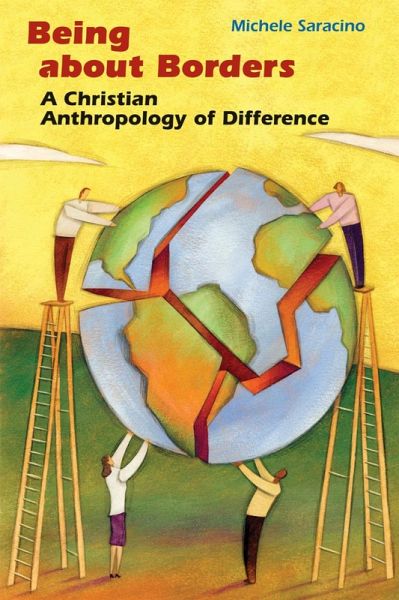
Being about Borders (eBook, ePUB)
A Christian Anthropology of Difference
Versandkostenfrei!
Sofort per Download lieferbar
17,95 €
inkl. MwSt.
Weitere Ausgaben:

PAYBACK Punkte
9 °P sammeln!
In an age of globalization, where borders seem to be disappearing everywhere 'between nations, religions, and even within families 'it is easy to believe our reactions to difference are vanishing as well. Bringing together the latest insights from constructive theology, contemporary continental theory, and trauma studies, Michele Saracino shows how deceiving and even deadly this assumption can be. She argues that, in the post '9/11 era, Christians are obligated now more than ever to be vigilant about difference, to be attentive to the emotional dissonance that encountering others incites, and ...
In an age of globalization, where borders seem to be disappearing everywhere 'between nations, religions, and even within families 'it is easy to believe our reactions to difference are vanishing as well. Bringing together the latest insights from constructive theology, contemporary continental theory, and trauma studies, Michele Saracino shows how deceiving and even deadly this assumption can be. She argues that, in the post '9/11 era, Christians are obligated now more than ever to be vigilant about difference, to be attentive to the emotional dissonance that encountering others incites, and to acknowledge it before border disputes escalate into violence. We are neither so different that we have nothing to talk about nor so similar that we have everything to celebrate. Instead, for Saracino, we are caught in the middle at porous borders, at in-between spaces, which cause consternation, fear, anger, and even rage. By embracing these conflicting emotions that accompany border life, Saracino claims that Christians can honor the person and work of Jesus Christ and the mystery of the incarnation, and perhaps become living memorials to those who have suffered trauma all in the name of their being different.
Michele Saracino is an associate professor of religious studies at Manhattan College in Riverdale, New York. She is the author of On Being Human: A Conversation with Lonergan and Levinas and researches and teaches on the intersections between theology and culture.
Dieser Download kann aus rechtlichen Gründen nur mit Rechnungsadresse in A, D ausgeliefert werden.






